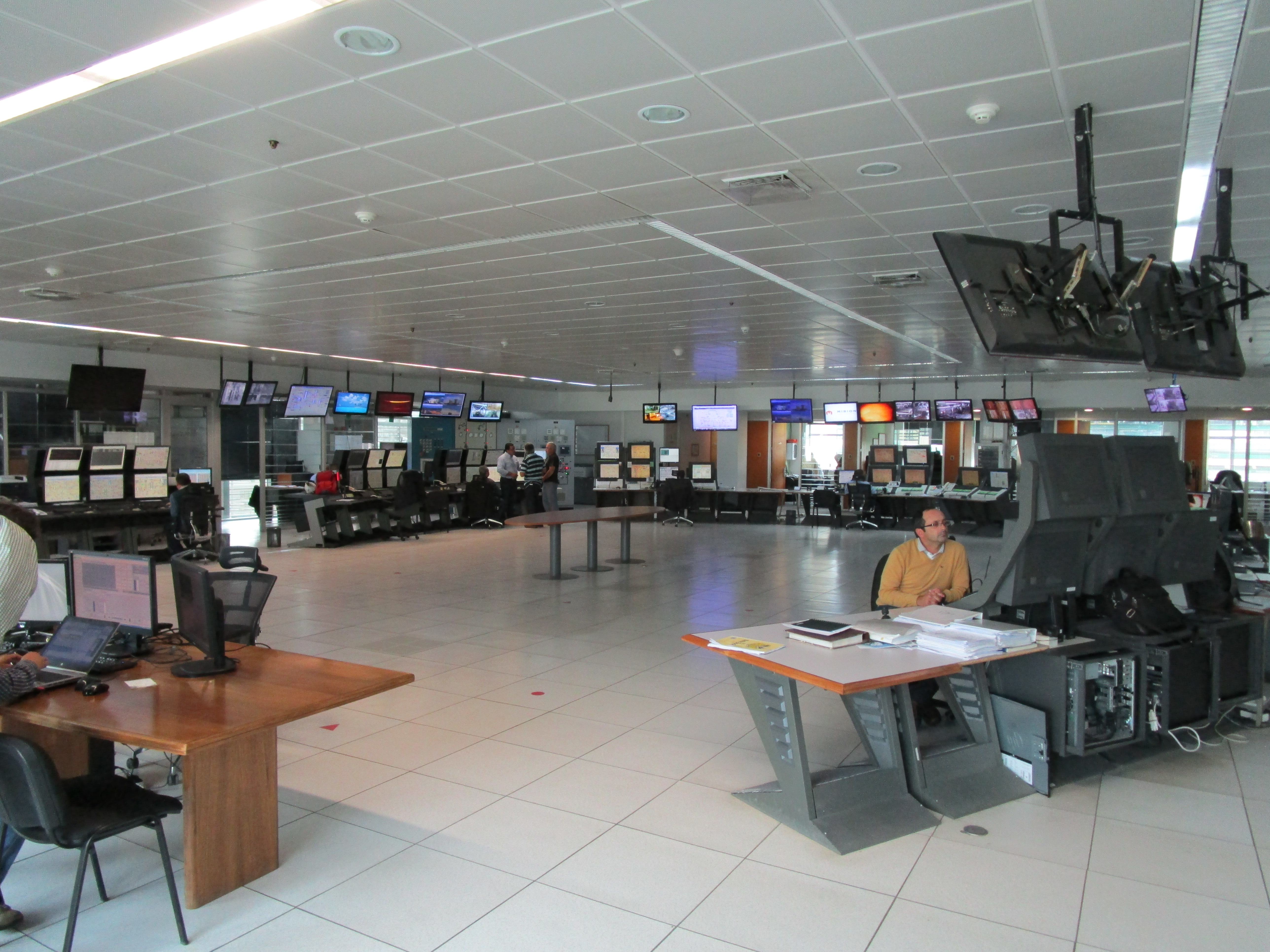Does Operations Know Their Role?
Torbjörn Idhammar, CEO & President, IDCON INC.
IDCON INC a reliability and maintenance management consulting firm
We know that we need the support of operations in order to reach top-notch reliability in our plants. But does your operations manager know exactly what your expectations are? Have you identified, communicated and agreed upon exactly what you need operations to do?

An Operations and Maintenance Partnership?
This exact question came up at a plant in Chile. The maintenance manager didn’t feel he received any help from the operations manager. Maintenance said that work orders came in without lead time, operations didn’t take responsibility for the maintenance budget, and planned stops were frequently changed. The operations manager joked that the maintenance manager was a crybaby. He, on the other hand, had his hands full with production planning and the salespeople who constantly changed orders. In the operation manager’s opinion, maintenance should make sure that the equipment ran instead of whining like a bebé. The two friends butted heads like this every day—like two rams. They did it jokingly, but I could see that there was room for improvement in the partnership between maintenance and operations. It’s not about being buddies; it’s about working as a team.Later when I spoke with each of them, they had completely different ideas of what could be improved and what the problems were. This is despite the fact that they worked side by side 50 hours per week. Some of the problems were definitely maintenance-specific and others originated in operations. Most of the problems, however, were mutual, but they had different views of what the problems were and how to solve them.
A Root Cause Analysis uncovers differences
A Root Cause Analysis was conducted on an overflowing tank. This uncovered a crystal-clear example of the different approaches and thought processes between maintenance and operations. Operations concluded that the root cause was a failed level sensor, while maintenance argued that the operational procedure was the problem. The tank wouldn’t overflow if operating procedures were correct.
Top 10 list of what operations can do
We compiled a simple list of the most important things operations has to help maintenance with – in order for them to improve reliability. You can go through the list with your operations team and see if you are in sync with each other. You can use it to score how well each process works in your organization. I’m sure you can add a bullet or two that I have missed or add something that’s specific to your particular industry, but I don’t think any of the bullets need to be removed.
Work Management Planning and Scheduling & Preventive Maintenance
- Being a hub for all incoming work order requests as well as filtering them. (Duplicate? Remove unnecessary WOs, etc.)
- Prioritizing work orders with maintenance according to the rules and work processes you’ve put in place
- Decide what work orders should be planned on a 4-week rolling schedule.
- Schedule and prepare stops, LoTo, clean equipment and stop equipment on time.
- Communicate work order status to everyone.
- Follow up to make sure that all work has work orders.
- Schedule stops on a 12-month rolling schedule (without changing dates).
- Implement correct operating procedures so that reliability problems are avoided. Establish, train and follow up with operators.
- Clean equipment regularly
- Inspect equipment and components
Reliability and Maintenance improvement success!
So, what did the operations and maintenance managers do at that plant in Chile? We helped guide them on the actions they should take.
- They created clear work processes for work management (including roles and responsibilities) so that each person in the organization knows exactly what their responsibility is.
- Updated operating instructions with information from maintenance. (Which operations processes are creating failures?)
- Improved cleaning routines.
- Trained operators in inspections and implement basic inspection rounds.
- Trained and implemented Root Cause Analysis methods.
The operations and maintenance managers are knee deep in implementation. They have already fixed all workshops (they are so nice and neat it brought tears to my eyes) and the operations procedures are updated. The plant is still working on implementing better Planning and Scheduling as well as inspections training for operators. The operations and maintenance managers still heckle each other, laughing and slapping each others’ backs, but now it’s both as friends and as a functioning team.

Torbjörn Idhammar
Torbjörn Idhammar is the president and CEO of IDCON INC., a Reliability and Maintenance Management Consulting Firm. Tor’s responsibilities include training IDCON consultants, product development, sales, and marketing. He gives advice to IDCON’s multi-site and international clients to ensure outcomes and deliverables are met.




